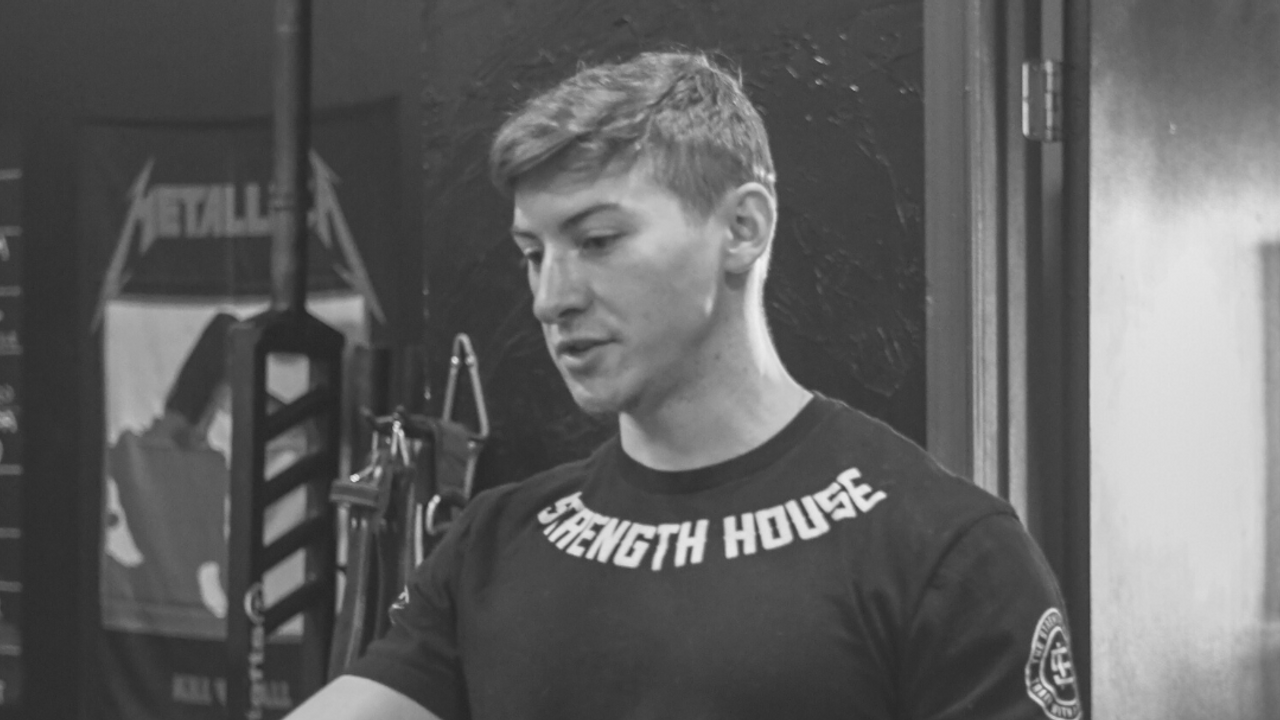SELF EFFICACY

By Kyle Coogs
Kyle is a strength & conditioning coach residing in Massachusetts. He's spent the past few years working primarily alongside hockey athletes, among others. More recently he had the opportunity to assist with pre-season testing for an NHL organization. He also has some skin in the strength game, having competed in powerlifting for the past 6 years.
Self Efficacy
In October of 2017 while working as a strength and conditioning intern, I had the opportunity to listen to Bob Tewksbury speak to upcoming athletes. Tewksbury is a retired professional pitcher who began working as a Mental Skills Coach within Major League Baseball following his athletic career. I expected most of his discussion points to focus on visualization, positive self-talk, and other common focal points in the sports psychology field. Instead, he recalled conversations with professional athletes and touched on a particular situation that reverberated itself in my mind due to its far reaching application.
He spoke about a particular player who was in a slump at the plate, and his batting average statistics reflected that. To summarize his advice, he said to the athlete “Don’t associate a number with how you feel.” For instance, if an athlete is correlating batting below .250 as evidence of being a poor player, he’s only going to dig himself deeper into the slump. In reality, he’s not a drastically different person or player than he was a month ago - but he’s letting an external figure control his behaviour and emotions. The reason I believe this mindset occurs is because the athlete is anxious and fearful that they’ll never get back to where they were, and never surpass their current peak.
At the time of hearing this, I considered myself a highly competitive strength athlete (powerlifting specifically); which means everything I did was number driven. Percentages and volumes navigated my training, and when training wasn’t at it’s peak it would affect my own perception of my abilities. Year round I’d train specifically for maximal strength, in fear that if I were to let off the gas and train for other endeavours, I’d never be able to deadlift over 600 again. Not only that, but in day-to-day life you build an identity for yourself as the guy who can do X, and losing that skill also surrenders your identity.
Ultimately, you are not your performance. You are not your batting average, not your lifting total, or your save percentage. Performance will eb and flow, based on a variety of factors. There will be periods of time where these metrics are top priority, but don’t let the anxiety of not being at your best be an impediment to your progress.
Recent Posts
